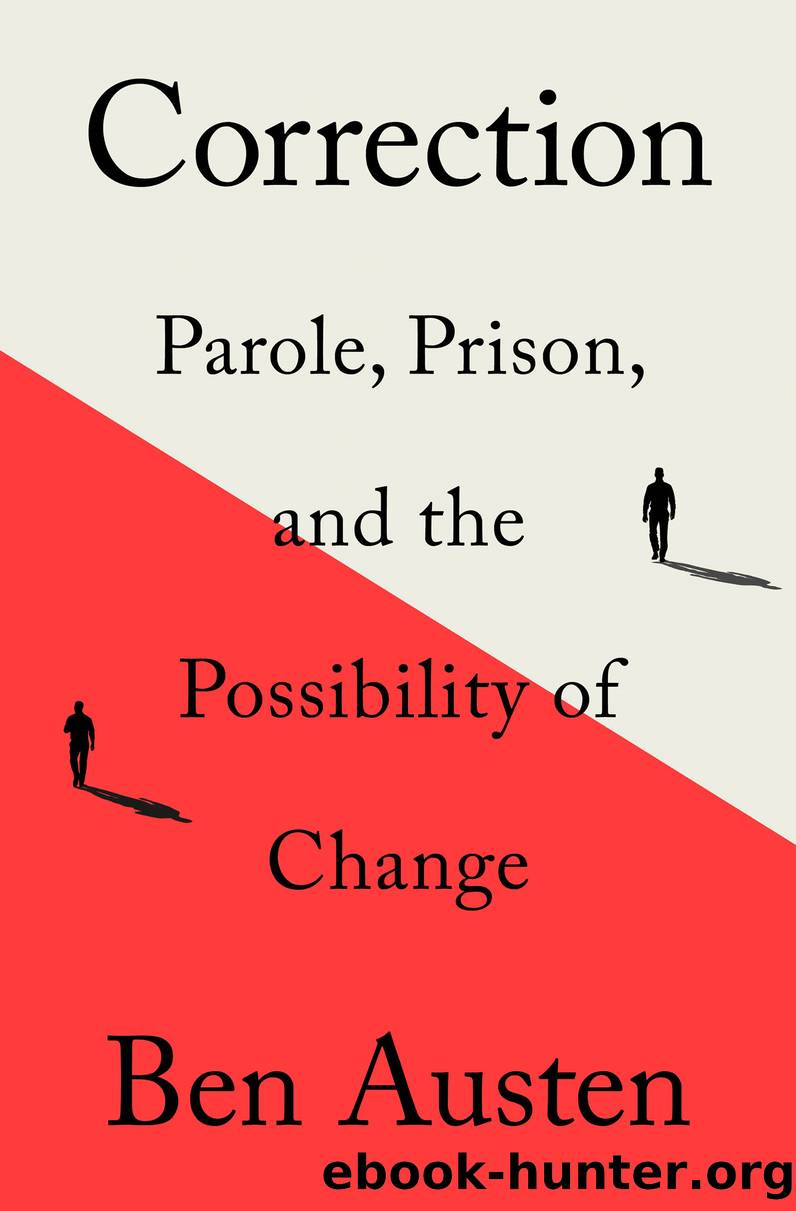Correction by Ben Austen

Author:Ben Austen
Language: eng
Format: epub
Publisher: Flatiron Books
The chief prosecutor asked what Knights was doing, and whether he was alone.
WILCZENSKI: At that time, Mr. Knight [sic] was with approximately seven or eight youthful children.⦠He was standing with the children on a little sidewalk.
Knights, like Johnnie, insisted that the two of them barely knew each other and had no history together. Johnnie was seventeen and in a gang; Knights was twenty-three, a janitor and livery driver. âJohnnie and I did not conversate. He was on a different plane of life than I was with totally different pursuits and associates.⦠My brother and I would be with others our age and older,â Knights would say. âJohnnie was a person that I would see come and go, nothing more and nothing less.â With each passing year in prison, Knightsâs knowledge of the law grew in direct proportion to his anger. âWhat political prisoner do you know who puts stock in the system that has made them a political prisoner?â he said of his incarceration. He had little faith he might win his freedom at a hearing that he couldnât attend and at which board members faced a roomful of cops.
When Knights heard from John Severin, he was understandably dubious. Both he and Johnnie had received numerous letters from other Severin and Rizzato family members, from police officers and others. Taunts on holidays and notes disguised in greeting cards telling them they were going to die in prison and rot in hell. Nearly forty years into his prison bid, Knights had seen the letters taper off into a trickle. But Knights knew the relatives of the officers still protested his release each year. He typed out a reply to John Severin.
âI must admit that I am skeptical of your intent given the fact that over the years your father sent me harassing mail. If your intent is to inflict mental anguish, donât bother, it would be a futile endeavor.â Knights remained gracious, however. âIf on the other hand you are sincere, I shall meet you on your terms.â
âI am not like my father, who played games with you,â Severin responded. His father had died in 2006, and John seemed also to be working out some personal family issues that had less to do with his uncleâs 1970 murder and with parole. âIn order to look them, convincingly, in their eyes, I must look you in your eyes,â he wrote Knights. âI think the first Severin voice to the Parole Board to recommend parole is groundbreaking, and I am man enough to stand up to my relatives.â
Severin contacted the parole board in 2011, urging them to release Knights. He mischaracterized his correspondences to some extent, saying Knights expressed âextreme regret and anguish about the murder of my uncle.â Knights never admitted to the crime in the letters he sent John Severin, although he did acknowledge the tragedy that befell the entire Severin family. John Severin told the board that Knights was âliterate, self-schooled,â that he âposes no threat to society.â He said Knightsâs term of imprisonment had been sufficient.
Download
This site does not store any files on its server. We only index and link to content provided by other sites. Please contact the content providers to delete copyright contents if any and email us, we'll remove relevant links or contents immediately.
The Borden Murders by Sarah Miller(4324)
The Secret Barrister by The Secret Barrister(3707)
Police Exams Prep 2018-2019 by Kaplan Test Prep(2546)
Coroner's Journal by Louis Cataldie(2477)
The Splendid and the Vile by Erik Larson(2470)
Terrorist Cop by Mordecai Dzikansky & ROBERT SLATER(2078)
A Colony in a Nation by Chris Hayes(1934)
My Dark Places by James Ellroy(1931)
The Art of Flight by unknow(1878)
Black Klansman by Ron Stallworth(1793)
Objection! by Nancy Grace(1782)
A Life of Crime by Harry Ognall(1729)
The New Jim Crow by Michelle Alexander(1702)
Anatomy of Injustice by Raymond Bonner(1668)
American Prison by Shane Bauer(1658)
Invisible Women by Caroline Criado Perez;(1642)
Whoever Fights Monsters by Robert K. Ressler(1616)
Obsession (The Volkov Mafia Series Book 1) by S.E Foster(1578)
A is for Arsenic: The Poisons of Agatha Christie (Bloomsbury Sigma) by Kathryn Harkup(1548)
